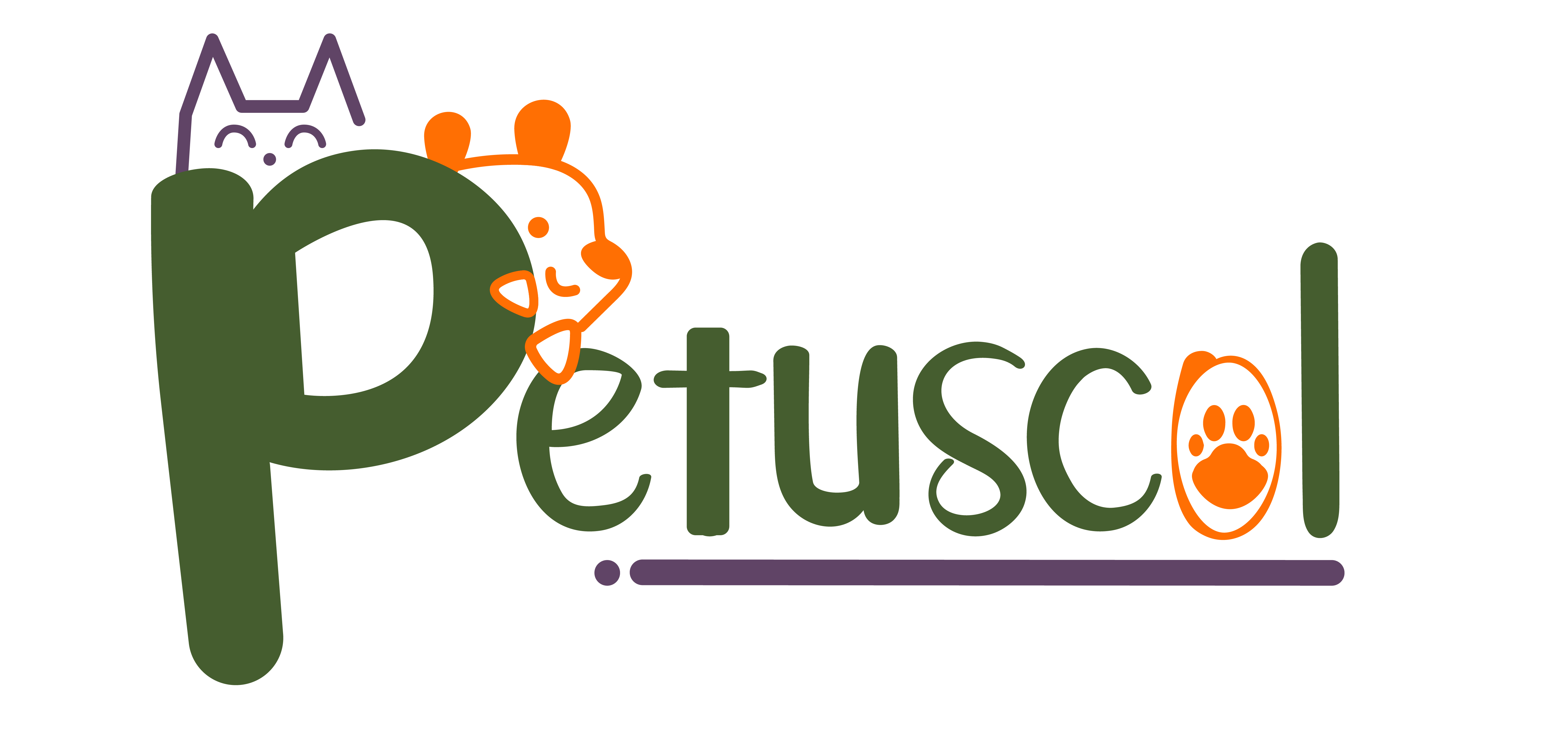As pet owners, we all want the best for our furry companions. We strive to provide them with proper nutrition, exercise, and care. But when it comes to their diet, one crucial decision can have lasting impacts on their health: the choice between processed pet food and natural, whole foods. While processed pet food offers convenience, it may not be the best option for your pet’s overall well-being. Here’s why feeding your pet processed food can lead to various health consequences.
1. Nutritional Imbalance
Processed pet foods, whether dry kibble, canned food, or treats, often contain synthetic vitamins and minerals designed to replace the nutrients found in fresh, whole foods. While these nutrients may meet the minimum requirements for a balanced diet, they don’t always provide the bioavailable forms that your pet’s body can use efficiently.
Over time, feeding your pet processed food can result in nutritional deficiencies or imbalances. Pets require a delicate balance of proteins, fats, carbohydrates, vitamins, and minerals. Highly processed foods may lack essential nutrients or contain them in forms that are harder for pets to absorb, potentially leading to skin problems, digestive issues, or poor coat health.
2. Obesity and Weight Gain
One of the most common consequences of feeding pets processed food is obesity. Many commercial pet foods are high in carbohydrates, fillers (such as corn, soy, and wheat), and unhealthy fats. These ingredients are often used to increase shelf life or improve taste, but they contribute to excessive calorie intake without providing much nutritional value.
Obesity in pets is not only a cosmetic concern—it can lead to serious health problems such as diabetes, joint issues, heart disease, and a shortened lifespan. Pet owners who feed their pets a high-calorie, processed diet without proper portion control may inadvertently contribute to their pets’ weight gain.
3. Digestive Problems
Many processed pet foods contain artificial additives, preservatives, and low-quality ingredients that can be difficult for your pet’s digestive system to break down. Artificial preservatives like BHA, BHT, and ethoxyquin, commonly found in processed pet foods, can irritate the gastrointestinal tract, leading to issues like diarrhea, constipation, or bloating.
The high levels of fillers such as corn and wheat can also be hard for pets to digest, especially for those with food sensitivities or allergies. This can result in upset stomachs, poor absorption of nutrients, and a weakened immune system.
4. Poor Coat Condition and Skin Problems
A healthy, shiny coat and healthy skin are often indicators of a pet’s overall health. However, low-quality processed foods can negatively impact your pet’s appearance. Many commercial pet foods contain poor-quality fats that are high in omega-6 fatty acids but low in omega-3 fatty acids, which are essential for healthy skin and coat.
A lack of sufficient omega-3s, commonly found in fish oils, can lead to dull fur, excessive shedding, or even skin conditions like hot spots, rashes, or dry, flaky skin. Feeding your pet a diet rich in whole foods, such as fresh meats and vegetables, can help maintain a glossy coat and prevent skin problems.
5. Increased Risk of Chronic Diseases
Feeding your pet a long-term diet of processed foods can increase the risk of developing chronic diseases. Many processed pet foods contain ingredients that are linked to health problems. For example:
- Grain-based fillers can contribute to insulin resistance and diabetes in pets.
- Excessive sodium in processed foods can lead to kidney disease and high blood pressure.
- Artificial flavorings and colorings have been linked to behavioral issues and hyperactivity in pets.
Pets fed a diet high in preservatives and chemicals may also develop food sensitivities or allergies over time, leading to chronic inflammation, gastrointestinal issues, and a weakened immune system.
6. Dental Health Issues
Dry kibble, often considered a convenient option, can contribute to dental health problems in pets. While kibble may help clean teeth to some extent, it doesn’t provide the necessary abrasion to remove plaque and tartar effectively. In fact, many processed pet foods are high in starch and sugars, which can stick to your pet’s teeth and promote the growth of bacteria, leading to gum disease and tooth decay.
Regular brushing and dental chews can help, but a diet that includes whole, fresh foods or specially designed dental diets can be more effective in supporting your pet’s dental health.
7. The Risk of Contaminants and Toxins
Processed pet foods are sometimes recalled due to contamination with harmful substances such as melamine, aflatoxins, or salmonella. These contaminants can arise during the production process and pose serious health risks to your pet. While manufacturers are increasingly taking measures to ensure the safety of their products, the risk of exposure to harmful substances is still a concern when feeding your pet processed food.
8. The Benefits of Fresh, Whole Food Diets
Switching to a whole food diet for your pet, such as raw, homemade meals or minimally processed foods, can help mitigate many of the issues associated with commercial processed pet food. These diets are often more nutritious and tailored to your pet’s specific needs. Whole food diets typically avoid fillers, artificial preservatives, and chemicals, providing a cleaner, more natural source of nutrients.
For example, raw food diets (often referred to as the BARF diet – Biologically Appropriate Raw Food) focus on feeding pets fresh meat, bones, fruits, and vegetables, mimicking what their wild ancestors would have eaten. These diets are high in protein, low in carbohydrates, and rich in essential nutrients, helping your pet maintain optimal health.
Conclusion
While processed pet food offers convenience, it comes with significant risks to your pet’s long-term health. From nutritional imbalances to obesity, digestive issues, and increased risk of chronic diseases, the drawbacks of feeding processed food are clear. If you’re concerned about your pet’s diet, consider exploring fresh, whole food options and consulting with a veterinarian or pet nutritionist to create a balanced and wholesome feeding plan.
Remember, your pet’s health starts with their diet. Choosing the right food can lead to a longer, healthier, and happier life for your beloved companion.
Keywords: processed pet food, pet health, nutritional imbalance, obesity, weight gain, digestive problems, artificial additives, preservatives, dental health, chronic diseases, whole food diet, diet, pet food recalls, skin problems, coat condition, food sensitivities, fresh food, homemade pet food, pet nutrition.

